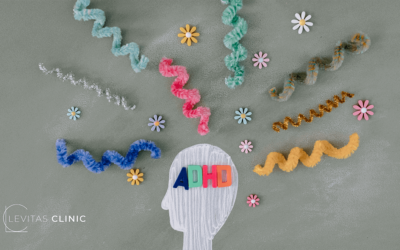How hormones can affect your sex drive
It’s the loss of the estrogen and testosterone hormones that lead to changes in a woman’s body and sexual drive. This loss often occurs in menopausal and postmenopausal women, where they may notice that they’re not as easily aroused and are less sensitive to touching, which can lead to a decreased interest in sex.
Lower levels of estrogen can also cause a drop in blood supply to the vagina, which can affect vaginal lubrication, causing the vagina to be too dry for comfortable sex.
Loss of libido – a common issue
Loss of libido is a common issue affecting up to one in five men and many more women. It’s typically linked to stress, declining hormones or life-changing events such as pregnancy, childbirth, bereavement, breastfeeding, and as mentioned above, the menopause.
What can you do to increase sex drive?
A testosterone cream can be applied daily to increase vaginal sensitivity.
You can also enhance your diet with zinc. Zinc is a very important nutrient for the senses and can heighten our sensitivity of taste, touch or smell. A rich source of zinc is shellfish, especially oysters, as well as pine nuts, spinach, rye, almonds, sesame seeds and brown rice.
How we can help
If you’re having libido issues, one of the best places to start is by getting your hormone levels checked.
Levitas Clinic Guildford works in partnership with globally acclaimed Dr Marion Gluck, helping both women and men take control of their hormonal well-being to achieve optimum health and emotional balance.
Book an appointment today Learn more about Dr Marion Gluck


